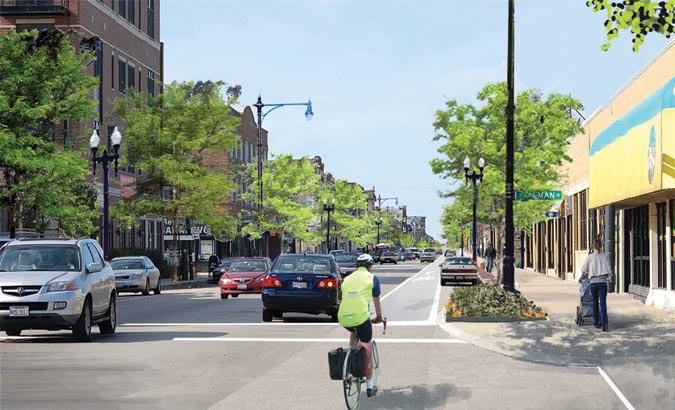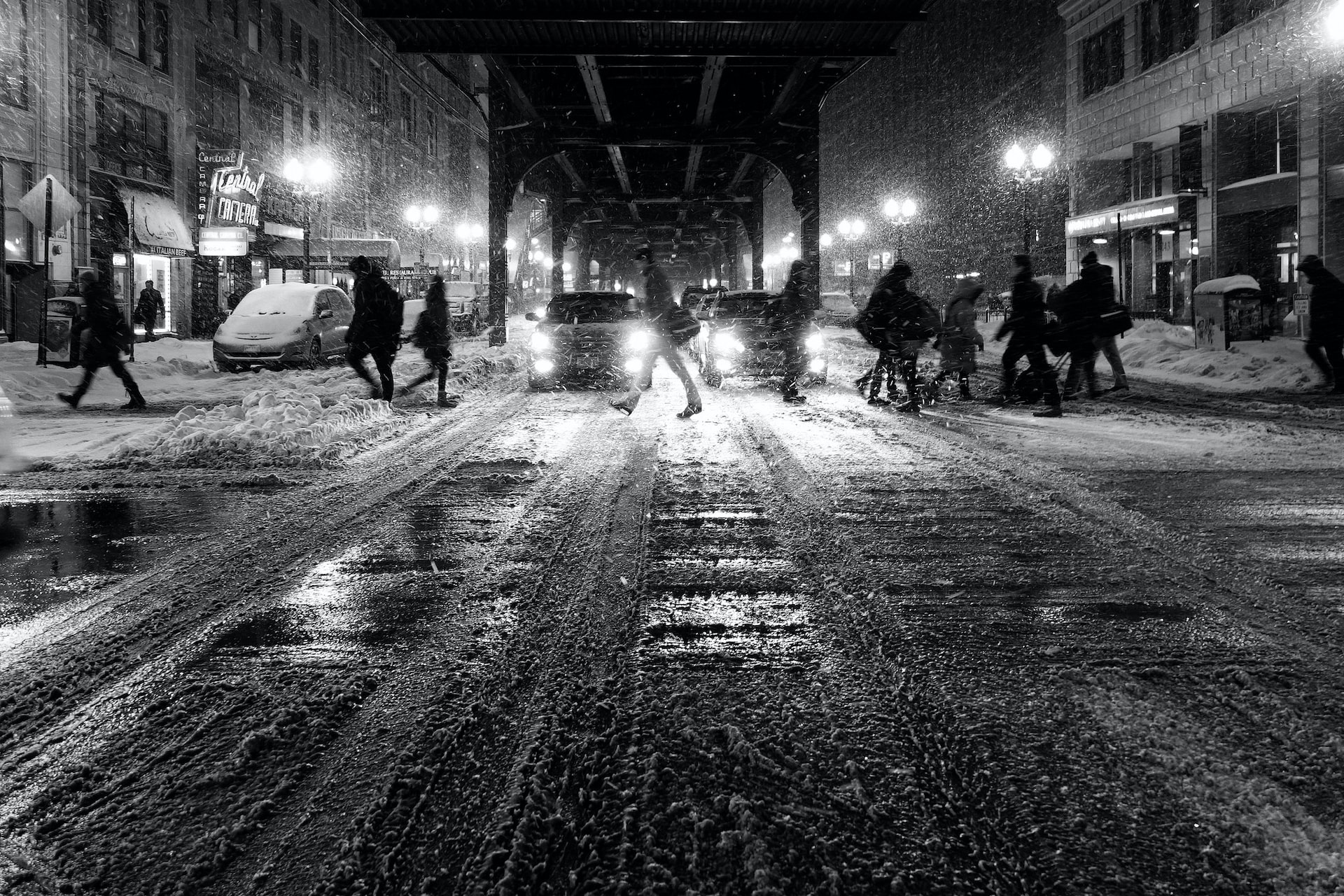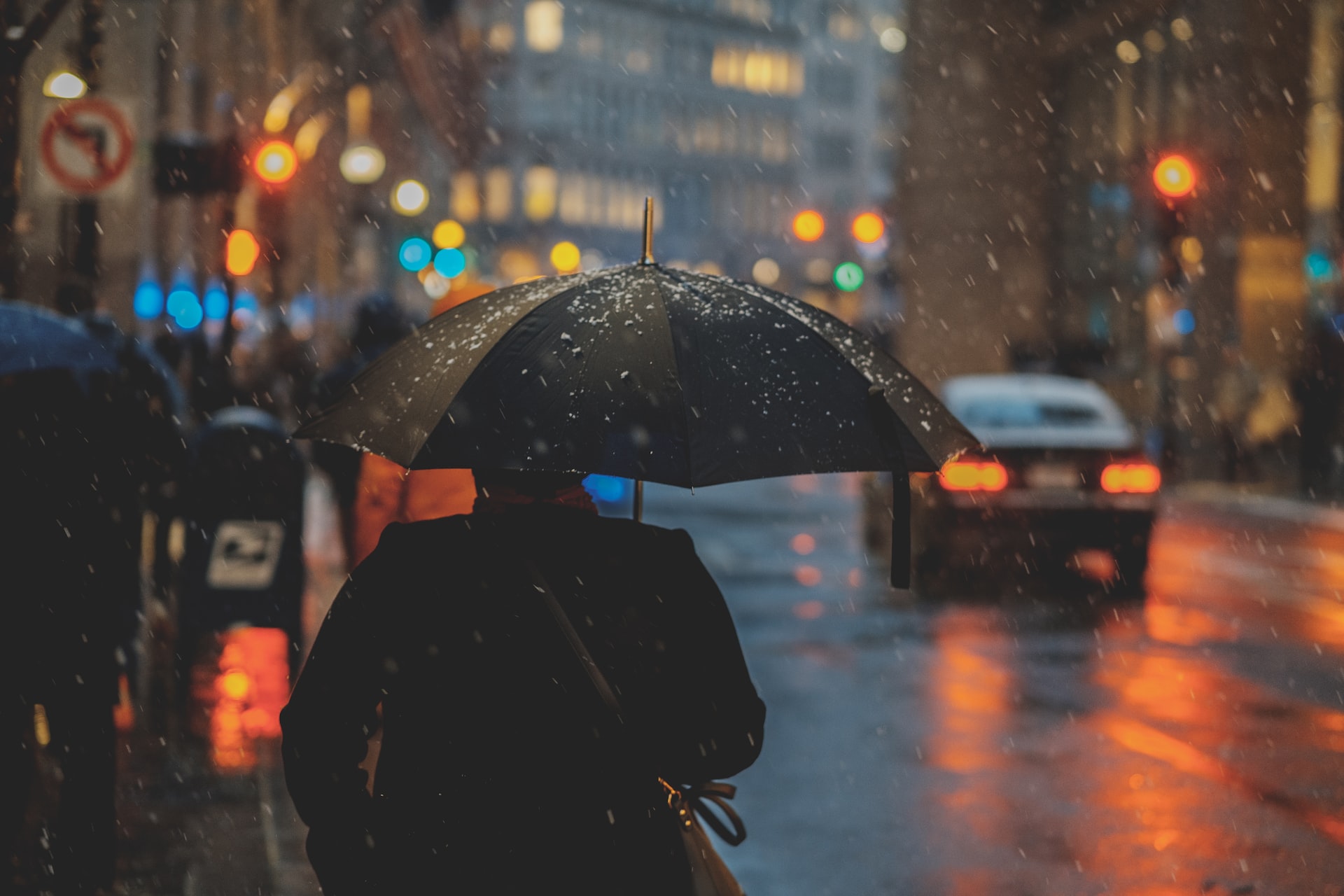The City of Chicago’s Department of Water Management (DWM) delivers drinking water to the City and suburbs as well as removing waste water and storm runoff through the sewer system. They build and maintain water and sewer infrastructure and provide information to help you pay your bills, conserve water to save money, and test your water quality.
City of Chicago Utility Billing
Pay Your Water Bill
Pay your utility bill online through the City of Chicago Utility Billing portal. To dispute a water bill, constituents can contact the Department of Finance’s Utility Billing and Customer Service Center at (312) 744-4426 or utilitybill@cityofchicago.org. If you are not able to get in touch, please contact the ward office for assistance.
Utility Bill Relief Program
This program applies to water, sewer, and water-sewer tax as well as debt relief for those who qualify.
- Utility Bill Relief and Low-Income Household Water Assistance Program (LIHWAP)
- Utility Bill Payment Plans
MeterSave Program
Since 2009, the voluntary MeterSave Program has provided over 130,000 meters to homeowners and saved residents up to 50% on their water bills. The program in its current form will end in January of 2023 when state law changes will require lead service line replacement as part of any meter installation.
If you are interested in receiving a water meter, you can register your account on the MeterSave wait list. If you are already on the MeterSave wait list, your request will be prioritized when the program begins again. You do not need to take any action.
Infrastructure and Permits
To find water or sewer infrastructure projects planned for your neighborhood, you can look up construction projects using the ChiStreetWork portal. To pull a permit for plumbing or water service, contact the Department of Buildings’ Water Plan Desk.
If you are experiencing a leak or break in a pipe or see any issues with a fire hydrant, please call 3-1-1 to report it. Read about the Private Drain Program to understand your responsibility versus the City’s when it comes to fixing pipes.
Stormwater Management and Sewer Flooding
Chicago’s sewer network has an “inlet control valve system” that intentionally limits water intake during heavy rainfall events through Rainblockers to not overwhelm the storm water system. Street flooding, while frustrating, is normal for a period of 24-48 hours after the end of a heavy rain event. This system is intended to prevent sewage backup through drains in people’s basements.
Residents are responsible for cleaning the catch basins in front of their houses; the Department of Water Management does not have the crews to do this. Residents can create a Sewer Cleaning Inspection Request or Alley Sewer Inspection Request if they suspect major blockages but not for day-to-day debris cleaning. The Department of Streets and Sanitation Street Sweeping crews are not always able to clear the thick layers of leaves and debris that accumulate on or near sewer drains. We encourage you, just like during heavy snowstorms, to help out your neighbors and check your nearby sewer drains for blockage during stormy weather.
Chicago’s Green Alley Program addresses more sustainable solutions to combat flooding and manage stormwater. Permeable pavement has pores or openings that allow water to pass through the surface and percolate through the existing subsoil. In areas where soils do not drain freely, permeable pavement can be used in combination with subsurface drainage systems, like pipe underdrains or stormwater infiltration trenches to slow runoff and reduce stress on the combined sewer system.
Stormwater Management Tips
- Disconnect your downspouts when appropriate. Water runoff during heavy storms can overload Chicago’s sewer system, thus dumping sewage into the river.
- Use the rainwater from your roof by letting it run onto your garden.
Water Quality and Monitoring
The Department of Water Management (DWM) monitors levels of several chemicals and particulates that may be found in our water. View water quality results and reports.
Chicago’s legacy lead service lines connect water mains to your house. If you think you may have lead pipes, you may be eligible to participate in one of the the Lead Service Line Replacement programs offered by the City.
Water Conservation
Did you know that the Great Lakes hold one-fifth of the Earth’s fresh water? This natural resource is precious and requires thoughtful conservation.
Learn more about water conservation
- What can I do to conserve and manage water? – via Chicago.gov
- Metropolitan Water Reclamation District of Greater Chicago – Special-purpose district for wastewater treatment and stormwater management
- Learn more about the City of Chicago’s green design conservation projects
- Alliance for the Great Lakes – a nonpartisan nonprofit working across the region to protect our most precious resource: the fresh, clean, and natural waters of the Great Lakes
- MeterSave program – The Chicago Department of Water Management offers free water meters to Chicago residents to help people track their usage and measure the impact of their conservation efforts.
- Friends of the Chicago River – Simple ways to conserve water
Water and Sewer 311 City Services
Submit a 311 Service Request
Browse water and sewer related requests to read detailed information about each issue. A link is provided to submit the appropriate 311 service request. If you have questions, or need further assistance to follow-up on a complaint, please contact our office.
News & Updates: Water Management
Contact the 40th Ward Office
Our office works to ensure you feel supported, connected, and valued. Please reach out with any questions or concerns you may have—we are here to help!



